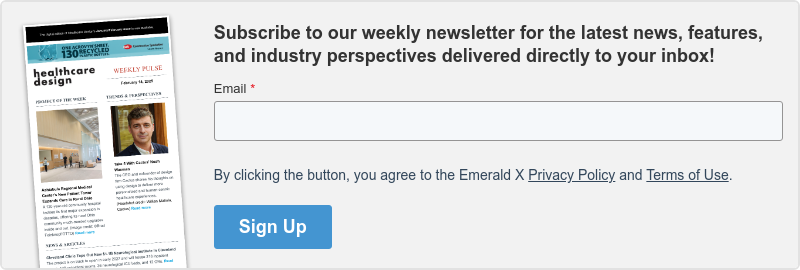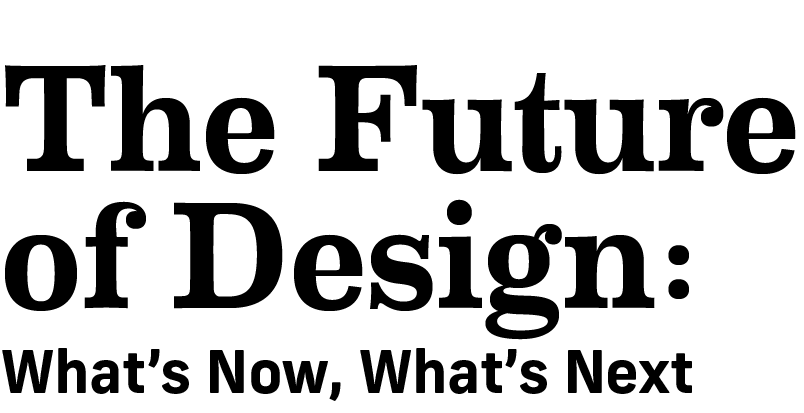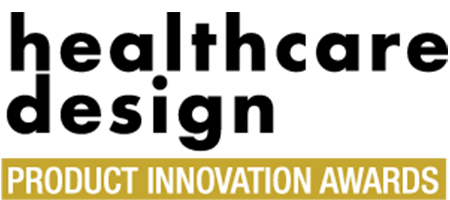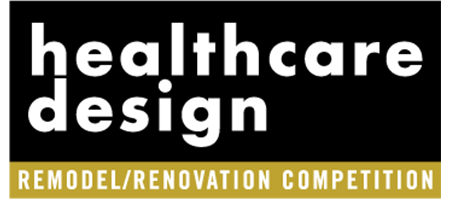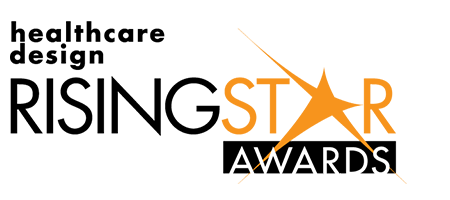Name: Kimberly N. Montague
Award: Most Influential People in Healthcare Design, 2010
Then: Director of design consultation services, Planetree (Derby, Conn.)
Now: Knowledge and insight lead, healthcare, Herman Miller Healthcare (Zeeland, Mich.)
What she’s been up to: Joined Herman Miller Healthcare in 2012 and shortly thereafter was named manager for the healthcare A&D. Currently responsible for sharing knowledge, insights, and research that the company is conducting with the healthcare architecture and design community.
What’s one thing about the evolving healthcare design landscape that excites you?
The stars are aligning in that Lean, sustainability, evidence-based design (EBD), and patient-centeredness are all part of our design vocabulary. As healthcare architects and designers we are focused more than ever on helping our clients minimize the silos through intentional conversations regarding process. Because of the increased pressures for healthcare organizations to increase safety and quality and enhance the patient experience all while decreasing costs, they understand the impact the environment can have on outcomes. Technology and innovation in delivery systems will continue to challenge our thinking as architects and designers; our ability to be nimble and challenge our traditional way of thinking will enable us to be part of the solution, and will drive creativity in our industry.
What’s one of the biggest changes you’ve seen in the design of healthcare spaces since you won your award, and how has it affected what you do?
Looking at the healthcare landscape with a multifocal lens is the biggest change we’ve seen. It requires an exceptionally creative, flexible, and adaptive way of thinking and requires that you check your ego and think about the process, rather than the end result, which is what EBD is all about.
What’s on your radar screen in 2016?
Working with the University of Florida interior design department on their empathetic healthcare design studio project. They’re focusing on outpatient delivery models and it’s exciting to see the students push the envelope on their thinking and utilize their raw design skills toward creating new care approaches—all with the lens of empathy. I believe empathy is our next evolution in the healthcare industry.
For more Q+As with past recipients of Healthcare Design’s professional awards programs, check out “Master Class.”

